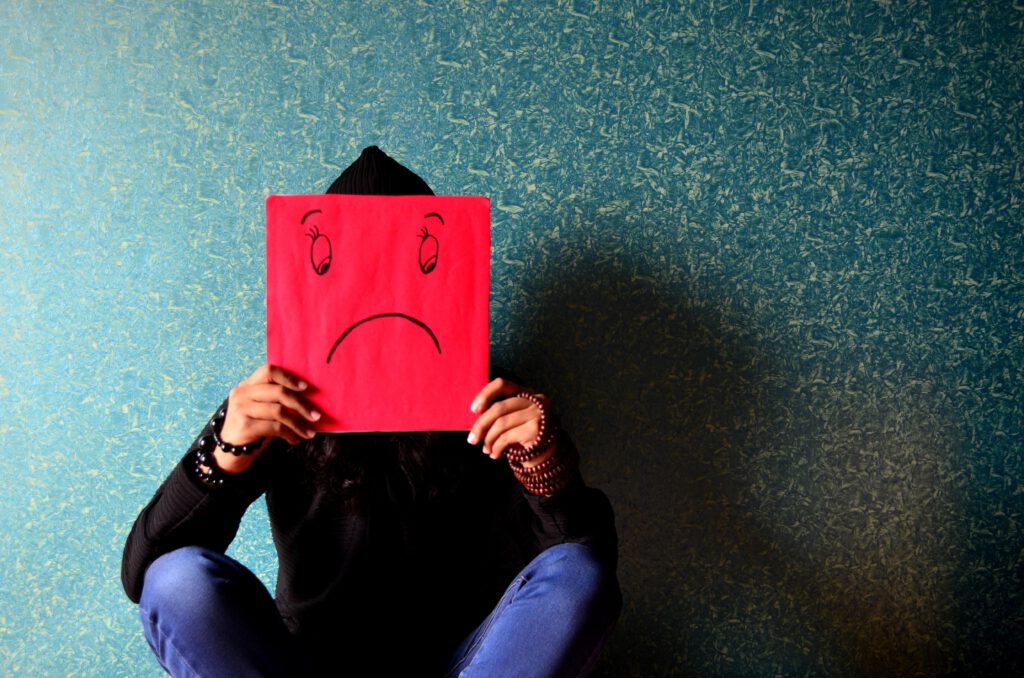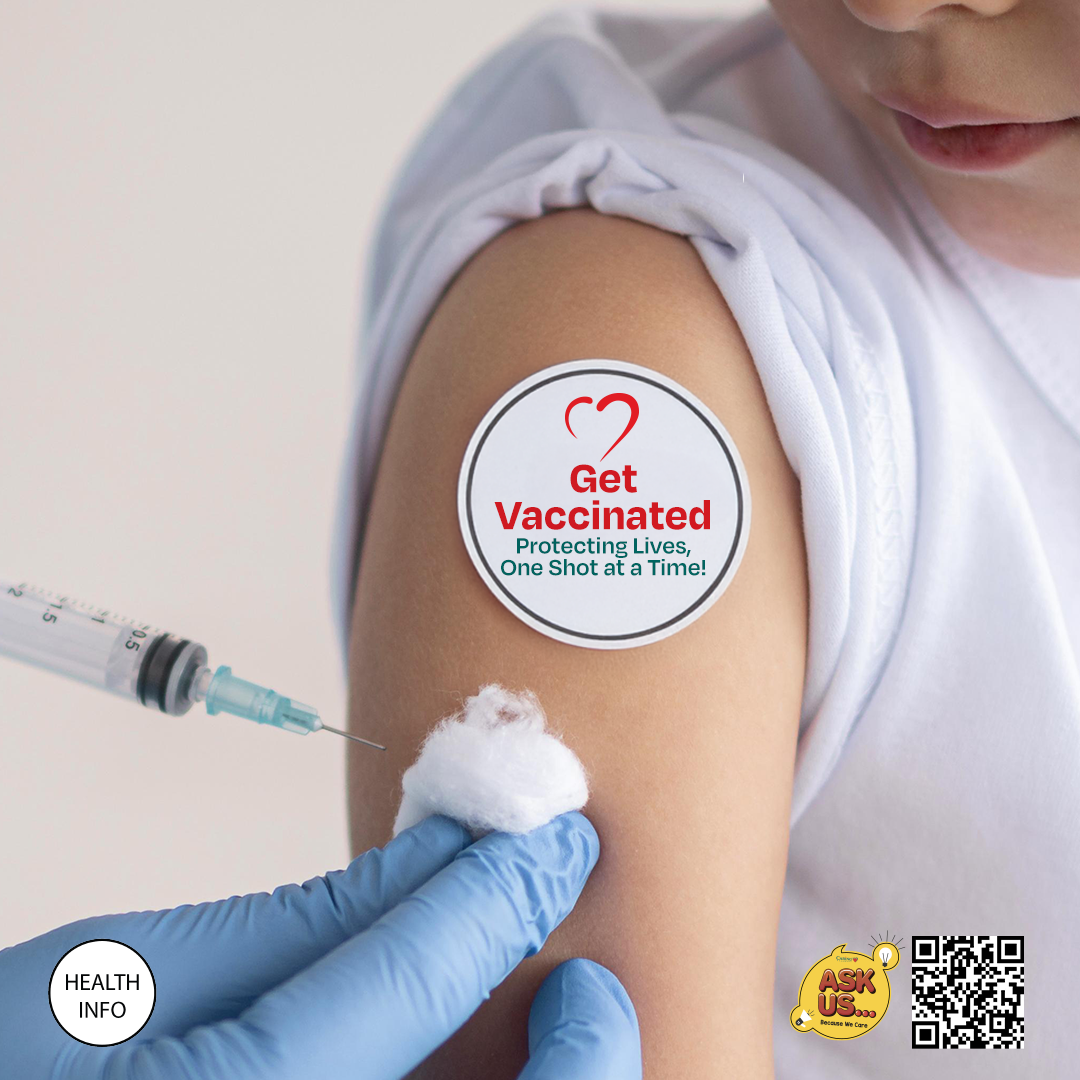- Home
- Health Center
- Health Info
- Depression: You Are Not Alone
Depression
Depression: You Are Not Alone


“What mental health needs is more sunlight, more candour, more unashamed conversation about illnesses that affect not only individuals, but their families as well.” – Glenn Close, Emmy, Golden Globe and Tony Award winning actress.
What Is Depression?
Depression is an illness characterized by persistent sadness and a loss of interest in activities that you normally enjoy, accompanied by an inability to carry out daily activities, for at least two weeks. 1
Those who suffer from depression often presents with depressed mood, loss of interest or pleasure, decreased energy, feelings of guilt or low self-worth, disturbed sleep or appetite, and poor concentration.
It can become chronic or recurrent and lead to substantial impairments in an individual’s ability to take care of his or her everyday responsibilities. At its worst, depression can lead to suicide. 1
Although there are known, effective treatments for depression, fewer than half of those affected in the world (in many countries, fewer than 10%) receive such treatments. Barriers to effective care include a lack of resources, and social stigma associated with mental disorders. 1
Statistics on Mental Health in Malaysia
Depression is expected to be the No. 1 cause of global mental and physical disability in 2020.2
The 2017 National Health and Morbidity Survey (NHMS) concluded the prevalence of mental health disorders was 29.2% among adult Malaysians, equivalent to one in every four individuals, compared to 12% in 2011. 3
Malaysians aged 13 to 17 are critically suffering from mental health problems. One in five are suffering depression (18.3%), two in five anxiety (39.7%), and one in 10 suffering from stress (9.6%).
The overall suicide rate was 16.6 per 100,000 population, in 2011. 4 Of said, mental illness was reported in 22% of the suicidal cases and physical illnesses in 20.4%. 5
The suicidal behaviour among teenagers had increased since NHMS 2012, with the highest suicidal behaviour recorded among Form 1 students. 3
Do You Think You Have Depression or Anxiety?
The DASS-21 is a clinical assessment that measures the three related states: depression, anxiety and stress. It has a total of 21 minutes and takes about 3 minutes to complete.
You may access to the DASS test in the follow link: http://www.jpan.sabah.gov.my/perumahan/117-ujian-dass
Note: Keep in mind that it doesn’t replace professional medical advice. Instead, it is meant to guide you on your decision to seek a mental health care professional.
If you feel that you may be heading for depression, talk to someone you trust or seek professional help. You may contact the Befrienders Kuala Lumpur (https://www.befrienders.org.my/) at 603-7956 8145.
Helping Someone with Depression
Your support and encouragement can play an important role in your loved one’s recovery. Here are some tips on what you can do to help someone you live with who is depressed, while taking care of yourself at the same time.
- Make it clear that you want to help, listen without judgement, and offer support.
- Find out more about depression from your healthcare providers.
- Encourage them to seek professional help when available. Offer to accompany them to appointments.
- If medication is prescribed, help them to take it as prescribed. Be patient; it usually takes a few weeks to feel better.
- Help them with everyday tasks and to have regular eating and sleeping patterns.
- Encourage regular exercise and social activities.
- Encourage them to focus on the positive, rather than the negative.
- If they are thinking about self-harm, or have already intentionally harmed themselves, do not leave them alone. Seek further help from the emergency services via the 999. In the meantime, remove items such as medications, sharp objects and firearms.
- Take care of yourself too. Try to find ways to relax and continue doing things you enjoy.
Remember: When you live with someone with depression, you can help them recover, but you need to take care of yourself too.
References
- World suicide prevention day 2012. World Health Organization. (Web accessed June 2019). Web link: http://www.who.int/mediacentre/events/annual/world_suicide_prevention_day/en/
- Depression: The disorder and the burden. Reddy M (2010). Indian Journal of Psychological Medicine.
- National Health and Morbidity Survey (NHMS). Institut for Public Health, Ministry of Health Malaysia (2017).
- Rates and profiles of self-harm presenting to Malaysian general hospitals: data from the Ministry of Health in 2011. Masiran, Ruziana et al. (2017) Malaysian Journal of Medicine and Health Sciences.
- Pattern of suicides in 2009: Data from the National Suicide Registry Malaysia. Ali N, Zainun K, Bahar N, et al (2012). Asia-Pacific Psychiatry.
- Living with someone with depression? World Health Organization (2017). (Web accessed June 2019). Web Link: https://www.who.int/campaigns/world-health-day/2017/handouts-depression/someone-with-depression/en/
Latest Health Info
Get Vaccinated: Protecting Lives, One Shot at a Time
Vaccines are among the most powerful tools in medicine, saving millions of lives by preventing serious diseases. From children to ...
Hair Goals: The Vitamins Your Locks Are Craving
Hair thinning is a natural part of aging—along with greying, hair growth also slows down over time. However, some people ...
HPV and You: Why Prevention Matters
What is HPV?Human papillomavirus (HPV) is one of the most common viral infections affecting both men and women. It spreads ...



